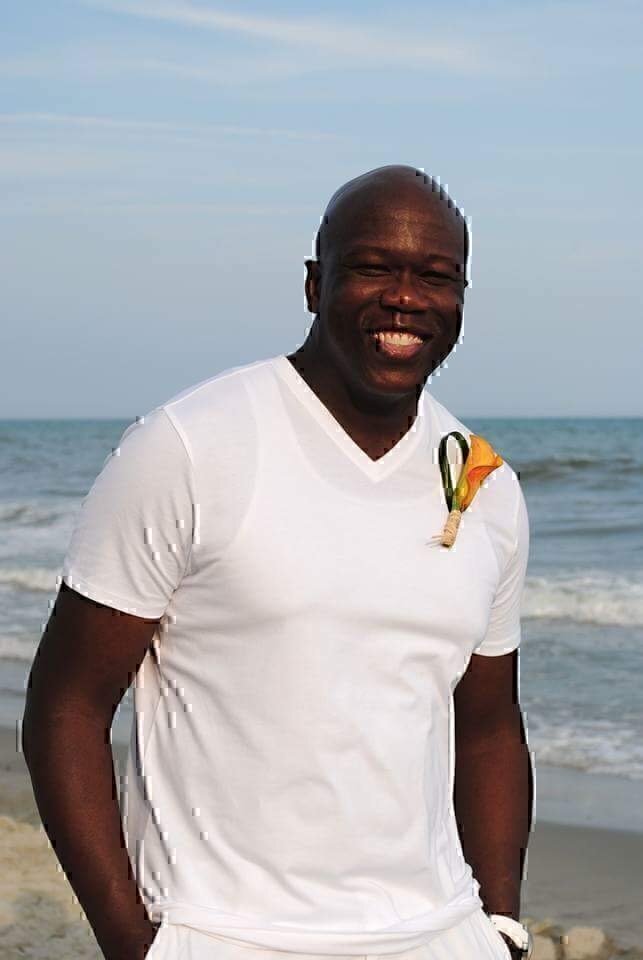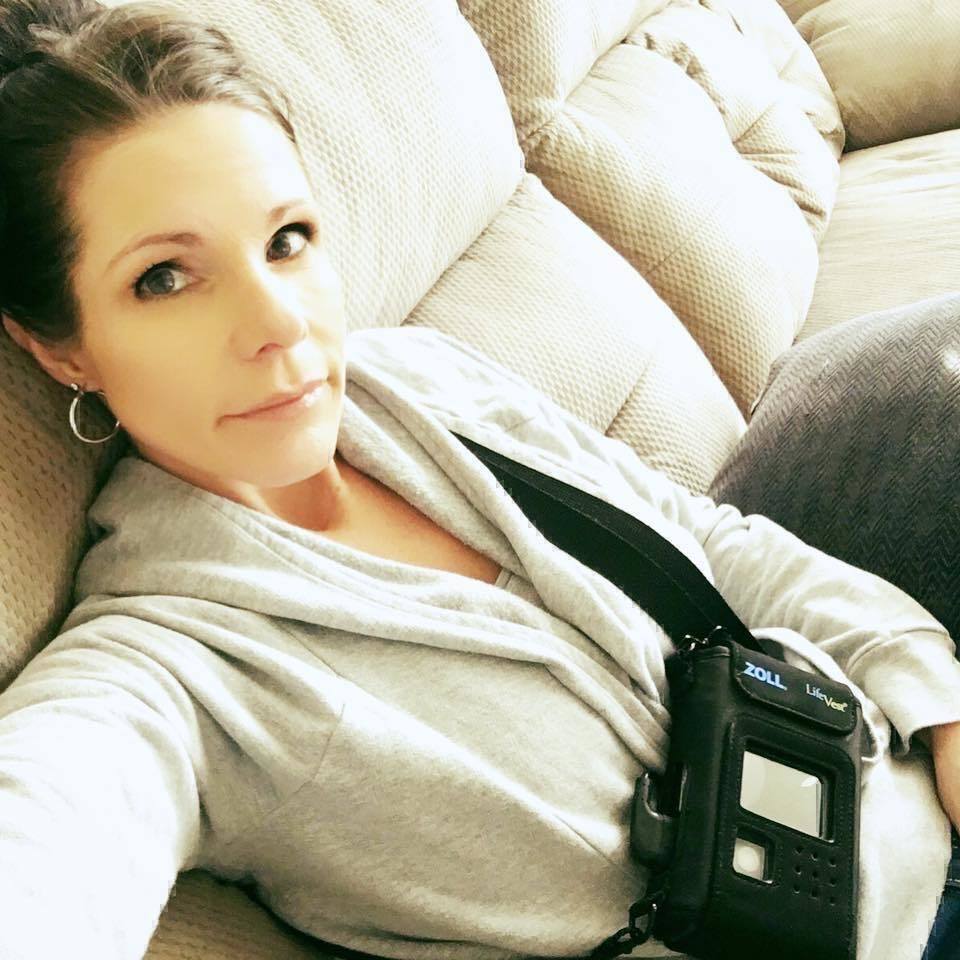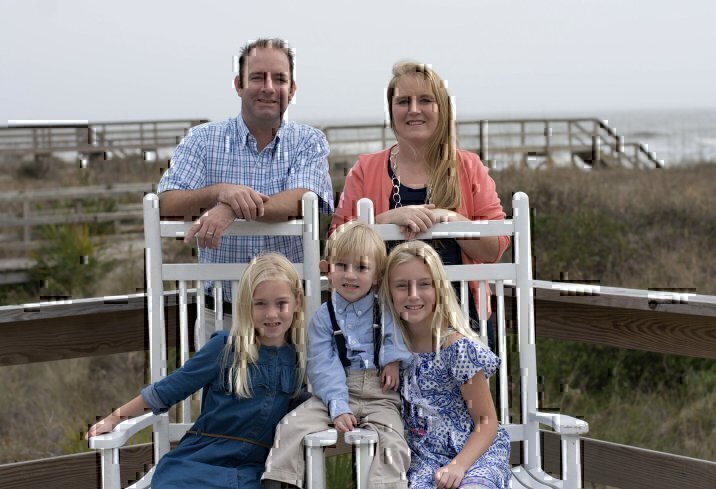Every year approximately 610,000 people die from heart disease in the United States. The disease does not discriminate between gender, age, or even military service.
In fact, a recent study showed that cardiovascular disease is on the rise in our very own military communities. According to Heart.org, Army troops have been identified as having the worst heart health when compared to their civilian counterparts. This finding is shocking when you consider the fitness standards and physical demands of being a soldier. I think it’s safe to say that more research needs to be done to help find ways to protect our soldier’s heart health.
U.S. Army Maj. Susan Hopper, Nurse Practitioner and Program Director for the Medical Retention Processing Program, Deputy Chief of Staff, Warrior Care and Transition, stated that the Army is moving towards a more holistic approach. The goal is to prevent the disease and to better manage it once it is diagnosed.
In the article Heart Disease: A hazard in the military Hopper states, “Hypertension or high blood pressure many times can go undetected. The undiagnosed high blood pressure causes a strain on the heart and vessels. A sudden increase in the physical training can lead to an acute cardiac event. Soldiers need to ensure they are cleared by their physicians before starting or elevating their physical activity.”

Obviously, changes to our diets and lifestyle choices will decrease the risk of a cardiac event and benefit our overall heart health, but we also have to take genetics into consideration. Proper amounts of sleep, staying active, healthy nutrition, and stress management are all necessary steps in combatting heart disease.
But here’s the thing: military life isn’t doesn’t always match up to these preventative measures for our active duty members and families like ours.
We are the strong ones…or at least we’re supposed to be. Life in the military pulls us away from everything we previously knew. Spouses leave careers behind in order to follow his or her soldiers, sailors, airmen and Marines. Moving every few years increases our stress levels (duh!) as we leave behind one community and reestablish ourselves in a new one (lather, rinse, repeat). We struggle to help our kids find “normalcy”, make new friends, and adjust to yet another new school. We say “see you later” as spouses and friends deploy. While one is adapting to the long hours overseas, the other is losing sleep as they worry about their partner’s safety. All of this leads to a significant amount of stress, which really does a number on our hearts.
Heart disease does not discriminate.
It affects soldiers, civilians, politicians, children, etc. So many of us have our own heart stories. Friends: it’s time we share those stories. Speak up! Our military hearts really do matter, and they’ll only grow stronger when we come together. Here are just a few stories of military families like yours, who have endured the scary experience of dealing with cardiac events:
“As a Coast Guard family, we move around a lot and have to rely on our villages to be near but mostly far away. Our health teams have to change and we only have other people’s opinions to go by when we need to find a new team. With Military Hearts Matter we have a group of super special people who we can ask questions and share with and lean on when times are tough who have all been in similar situations. Personally, we had only been in our duty station for a couple of months before our son needed open heart surgery and didn’t know anyone BUT Military Hearts Matter blessed our socks off with food and love and encouragement. Saying that we were thankful would never be enough.”
Kim Frost – Coast Guard Spouse

“I’m a spouse and a Mom. I’m a military spouse and a military Mom. Raising 3 kids, multiple deployments, (to include war deployments) multiple schools for my service member, getting 2 master degrees for myself and moving 12 times within 8 years left me feeling alone and neglecting my health. The mom guilt from continuing my own education while keeping the house running was emense. I was diagnosed with dilated cardiomyopathy with an ejection fraction of 10% on January 28, 2016. I got sick and I pushed through it until I couldn’t push anymore. Having a village I can lean into and depend on is why I am here to share my story. Having love and support for my family and myself gave me an opportunity heal. Military Hearts Matter is astronomical to the health and well-being of our amazing military spouses. As I sit and write this I drop tears of gratitude and gratefulness to Military Hearts Matter. Our hearts matter and I am living proof!”
Sadie Barnes – Marine Corps spouse and mom
—-
“The Marine Corps became a way of life for us. We were used to all of the deployments, trainings, as well the occasional TAD’s. We were always worried about if he had everything, he needed for whatever he was assigned to do. We wanted to make sure that he was “good to go”. One thing we never truly thought about was his health because he was always “healthy”. This was something that we took for granted. My “healthy” husband passed away at the young age of 38 due to a sudden cardiac episode. My fit Marine was taken away by the one thing that we cannot see on the outside. I have now become more aware of the silent problems that one’s heart can have. I am an advocate for our children. They now undergo testing yearly to help find, prevent, and treat any heart issues if they arise. Military Hearts matter to me because my heart was military. He impacted not only our lives, but all that he has come in contact with. I do not want another family to have to go through what we went through. Please take the time to have yourself and anyone you love, to have your heart tested.”
Shawn T. Hagans Willams – Marine Corps Veteran and Spouse
—-

“Military hearts matter to me, because back in 2005 my husband had just lateraled over from the US Army to the USCG and had a heart attack. He had just turned 28. At his age, medical thought he had was having heart burn and treating him with anacids. He was having chest pains and a burning esophagus. He was able to take a hot shower to which allowed his arteries to relax and pass the blood flow back through a small opening in his artery. One week later the pains returned, this time at the top of a bouy out in the Atlantic Ocean. This time he started sweating bullets, became nauseated, his esophagus began to burn and the chest pains returned. The shower again helped and relieved the symptoms. Fast forward 3 days later, everything returned with a fury. We were visiting my family 4 hours from Fort Macon, NC where we were stationed. This time the shower did nothing to relieved any of his symptoms. I talked him into going to the hospital for a breathing treatment. Little did we know, when we got to the ER the echocardiogram reviled one of three things were happening – 1. He was having a heart attack, 2. He already had a heart attack, or 3. He was getting ready to have a heart attack. His team immediately went to work get him stable for transportation, in which he was airlifted to the Cardiovascular unit at CMC Charlotte, NC. He went into surgery for stent placement and the doctors found that his entire left ventricle was block from the top to the bottom. Medicated Stents were placed, that we’re being recalled. When asked why they would place those stents, the doctors said he would be ok. But if they were going to fail, they would fail within 3-5 years after placement. Exactly 3 years later, he was back in surgery to place more stents. He went through 2 medical boards, while remaining on active duty. He beat the med boards and even got a deployment ready waiver. With each PCS, we make sure he gets the best heart health care we can find and he continues to be healthy and happy.”
Stacy Benson – Coast Guard Spouse








